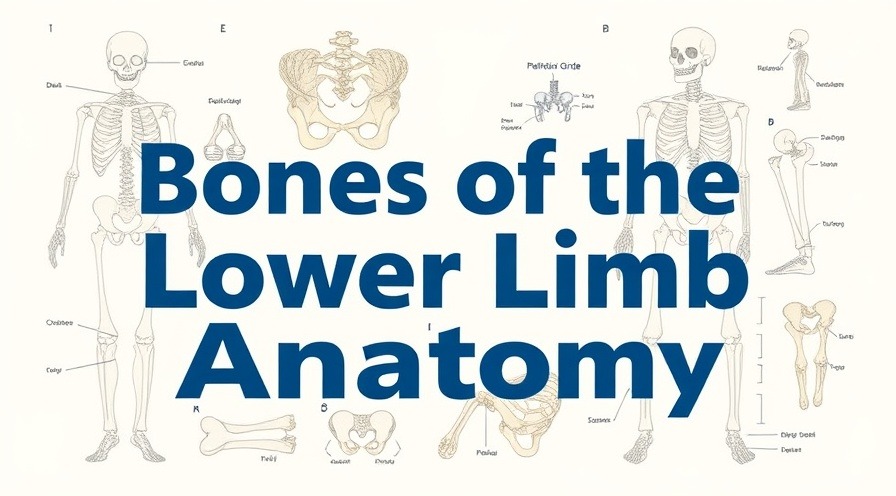
Understanding the Link Between Birth Control and Stroke Risks
When it comes to hormonal birth control, many women may not be fully aware of its implications on their health. A recent discussion highlighted an important but not widely known fact: while hormonal birth control does slightly increase the risk of stroke, the actual risk remains very low for most women. This revelation can help in making informed decisions regarding contraceptive methods, leading to a healthier lifestyle.
In 'Does taking birth control pills raise stroke risk? Find out!', the discussion dives into the health implications associated with hormonal birth control and its potential link to stroke, prompting us to analyze its key aspects further.
The Real Risk of Hormonal Birth Control
Dr. McDermott emphasizes that the increased risk of stroke for women using hormonal birth control is negligible, stating that it shifts the risk from "very low" to only slightly higher. This information can significantly ease the minds of many women who associate birth control with serious health threats. However, it’s essential to be aware of other considerable risk factors that may compound this slight increase.
Smoking: A Major Contributor
One crucial factor that heightens the risk of stroke among birth control users is smoking. According to health experts, smoking not only affects overall health but also exacerbates the risk of stroke when combined with hormonal contraceptives. Women who smoke and use hormonal birth control are strongly advised to consider quitting or at least reducing their smoking habits to minimize their stroke risk.
Controllable Risk Factors Beyond Birth Control
While hormonal birth control and smoking are significant discussion points, many controllable risk factors exist that can affect stroke risk. These include: high blood pressure, diabetes, high cholesterol, obesity, and physical inactivity. By addressing these factors, individuals can take proactive steps towards reducing their risk of stroke, making it essential to incorporate healthy habits into daily life.
Empowering Choices for Health
By understanding the potential risks associated with hormonal birth control and considering supplementary lifestyle changes, women can empower themselves to make informed health choices. Engaging in healthy dietary practices, regular exercise, and maintaining a balanced lifestyle are crucial not only in managing birth control implications but also in overall health improvement.
As health-conscious adults, it’s essential to weigh the benefits and risks of any medical choice. Consult with healthcare professionals to discuss individual circumstances and create a health plan that minimizes risks while maximizing well-being.
 Add Row
Add Row  Add
Add 




Write A Comment